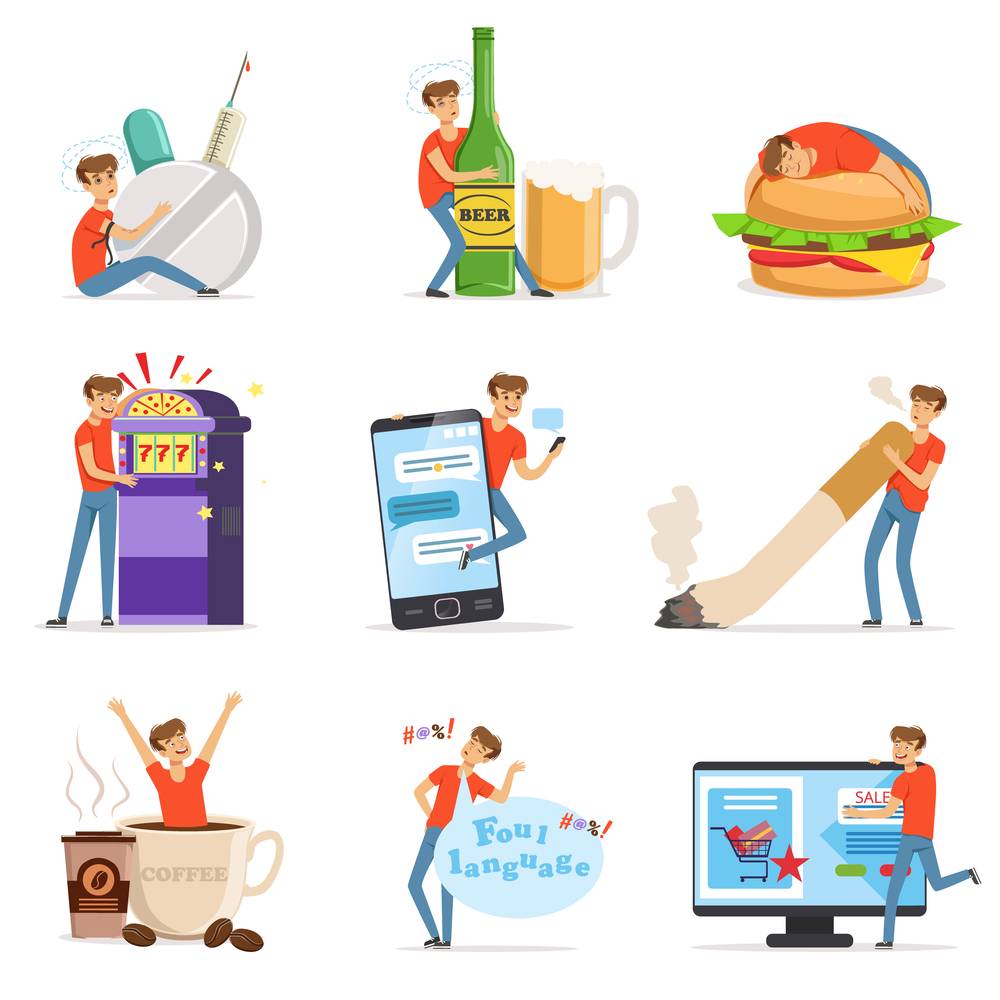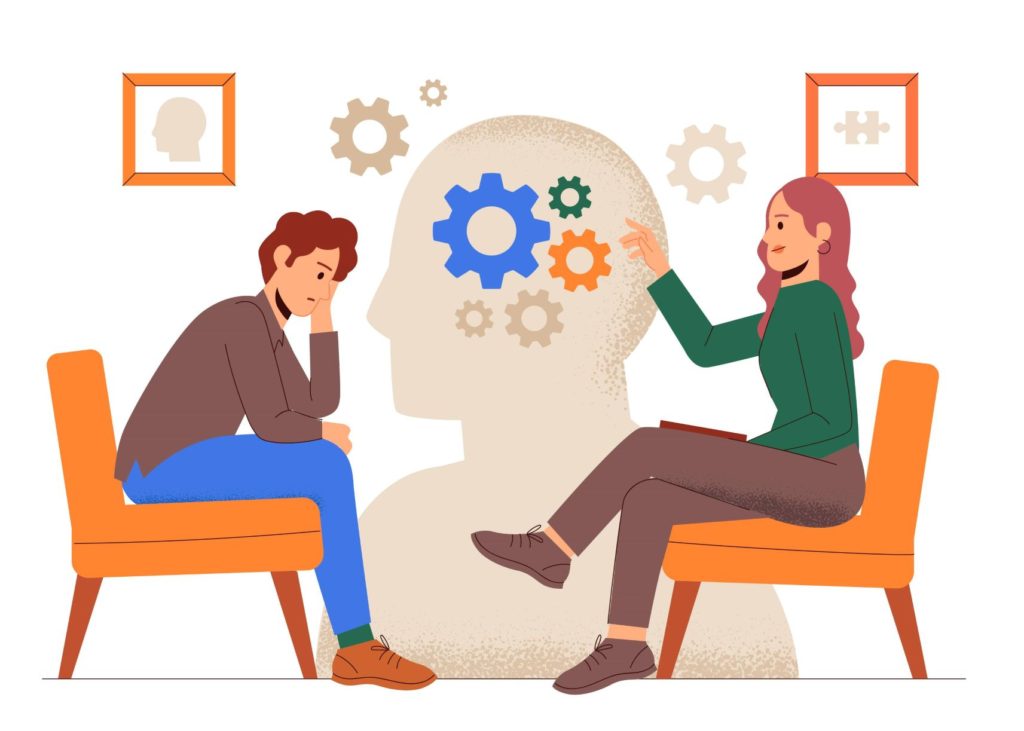Various Behavioral Addiction
Individuals can form behavioral addictions similar to a dependence on drugs and alcohol to combat anxiety, depression, or other mental health disorders. Increases in drug and alcohol use have signaled that many people are abusing harmful chemicals; however, some don’t factor in non-substance addictions like food, sex, phone, video game, or gambling addiction, which often manifest as a behavioral addiction due to underlying mental health challenges.
Those who become addicted to specific activities seek out feelings of comfort, happiness, and chemical releases (dopamine and serotonin) or can form behavioral addictions to escape reality or painful emotions.
Some motivating factors for behavioral addictions include the perception of temporary decreased depression and anxiety, making it a seemingly logical way to achieve calm or happiness. For example, gambling addiction lights up similar parts of the brain as some drugs, providing a dopamine rush to the user or player.

- Gambling
- Internet
- Shopping
- Video games
- Sex
- Binge eating/food addiction
- Thrill-seeking activities
Although these are the most common types of behavioral addictions, compulsive stealing (kleptomania), love and relationship addiction, overworking, compulsive skin and hair picking, and excessive television use and exercise are also listed as behavioral addictions.
Are Behavioral Addictions Serious?
According to the US National Library of Medicine, behavioral addictions, “resemble substance abuse addictions,” in reference to the impact on the brain and their response to treatment. Individuals often struggle to resist urges or temptations to reduce or stop behaviors that may be addictive to them, elicit arousal before completing them, and bring pleasure while doing them. Areas of concern can include the feelings of guilt or embarrassment after completing the activity.
This is similar in individuals abusing harmful chemicals. Individuals abusing substances have extreme difficulty resisting the urge or temptation to use the drug and may feel pleasure from using the drug. Consequently, he or she may feel shame after completing the activity, and may lie about it or hide it.
Because behavioral addictions impact the part of the brain responsible for rewards, individuals can experience similar effects one would feel if they were abusing a substance. This can translate to troubled relationships, challenges with impulse control, obsessions, distractions, and financial challenges. Treatment methods used for substance abuse can be helpful in treating behavioral addictions.
There Is Hope For Recovery

Counselling
We provide best counselling sessions for our patients for their treatment and the process that should be followed. We not only help them minimize their dependency but also improve their overall lifestyle.
Therapy
Our Therapies consist of best of herbal & ayurvedic treatments that ensure that the patient recover naturally using their bodies.
12 Step Program
Pre-contemplation, Contemplation, Preparation, Action, Maintenance & Finally the Termination. We follow all the plan in step by step manner to ensure the patient gets life time recovery.
